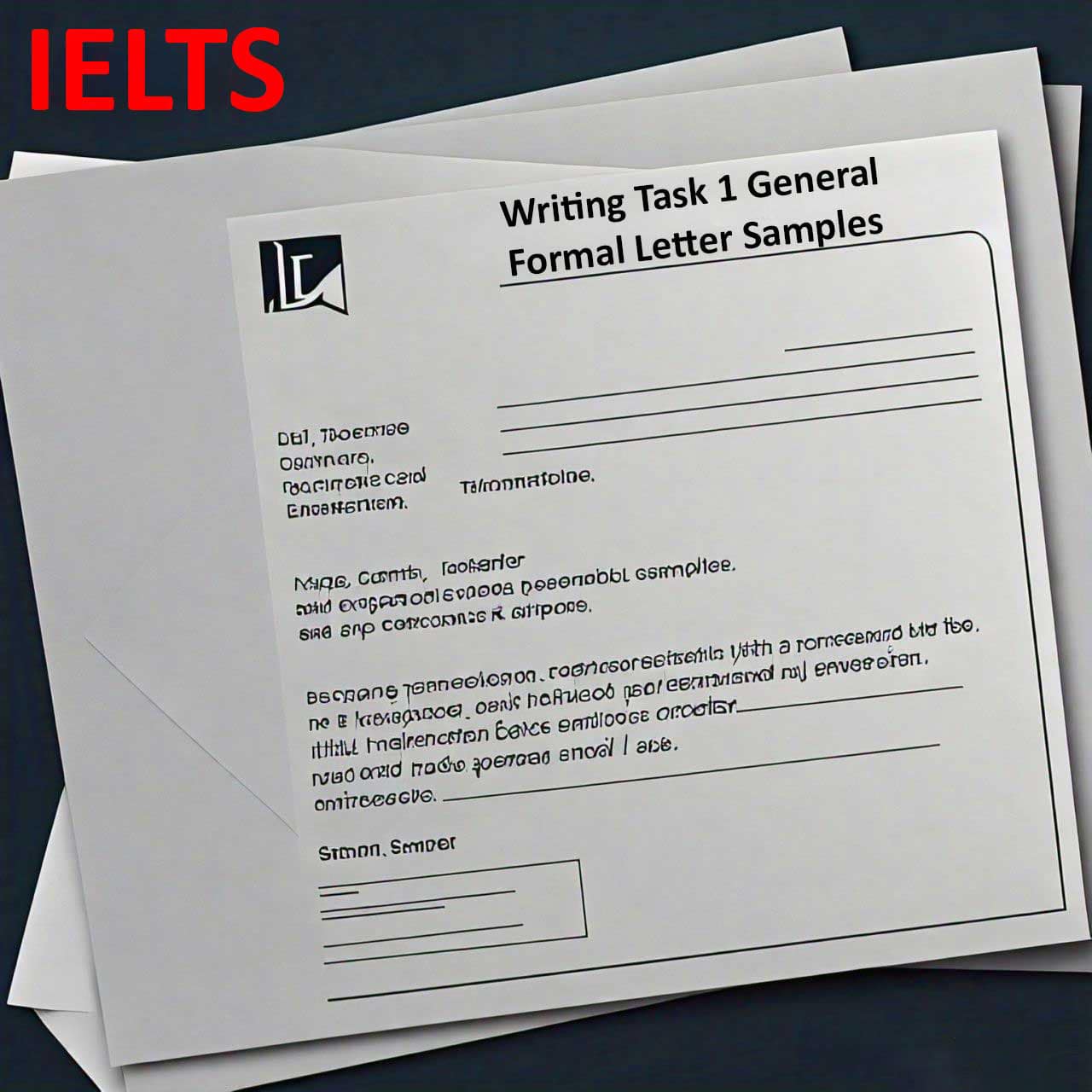The IELTS Writing module is a crucial component of the IELTS exam, assessing your ability to communicate effectively in written English. Whether you’re planning to study abroad, work in an English-speaking environment, or immigrate to an English-speaking country, achieving a high score in the Writing module is essential. In this blog post, we’ll provide an overview of the IELTS Writing module, its structure, assessment criteria, and valuable tips to help you excel on test day.
Table of Contents
Structure of the IELTS Writing Module
The IELTS Writing module consists of two tasks, which vary slightly between the Academic and General Training versions of the test.
Academic Writing
In the Academic version, Task 1 requires you to describe visual information in your own words. You might be presented with a graph, table, chart, or diagram, and your task is to summarize the information provided. Task 2 is an essay in response to a point of view, argument, or problem. You’ll need to present and justify your opinion, compare and contrast ideas, or analyze a given situation.
General Training Writing
For the General Training version, Task 1 involves writing a letter. You might be asked to write a letter of complaint, request, or apology, or to respond to a given situation. Task 2 is also an essay, but the topics are more general in nature. You might be asked to discuss advantages and disadvantages, express an opinion, or provide solutions to a problem.
Assessment Criteria
Both tasks in the Writing module are assessed based on four criteria:
1. Task Achievement (Task Response): This criterion evaluates how well you address the task requirements. You’ll be assessed on whether you’ve fully answered the question, developed your ideas, and provided relevant examples and explanations.
2. Coherence and Cohesion: Examiners assess how well your writing is organized and how effectively you use cohesive devices (e.g., conjunctions, transition words) to connect ideas and paragraphs. Your writing should be logically structured and easy to follow.
3. Lexical Resource (Vocabulary): This criterion evaluates the range and accuracy of vocabulary you use. Examiners look for varied and appropriate vocabulary to express ideas, as well as the ability to use words and phrases correctly.
4. Grammatical Range and Accuracy: Your ability to use a variety of grammatical structures accurately is assessed under this criterion. Examiners look for correct and appropriate use of tenses, sentence structures, punctuation, and grammar.
Essential Tips for Success
1. Analyze the Task Prompt Carefully
Before you start writing, make sure you fully understand the task requirements. Identify the type of task, the purpose of your writing, and the specific points you need to address.
2. Plan Your Writing
Take a few minutes to plan your response before you start writing. Outline the main points you want to cover in each paragraph and consider how you will structure your argument or explanation.
3. Use a Variety of Sentence Structures
Demonstrate your grammatical range by using a variety of sentence structures in your writing. Avoid repeating the same sentence patterns, and aim to include simple, compound, and complex sentences.
4. Provide Specific Examples and Details
Support your ideas with relevant examples, facts, and details. This not only adds depth to your writing but also helps to demonstrate your understanding of the topic.
5. Manage Your Time Wisely
Allocate your time effectively between Task 1 and Task 2. Remember that Task 2 carries more weight in terms of scoring, so you may want to spend slightly more time on this task.
6. Proofread Your Writing
Leave some time at the end to review and edit your writing. Check for grammatical errors, spelling mistakes, and punctuation errors, and make any necessary corrections.
7. Practice Regularly
The key to success in the IELTS Writing module is regular practice. Set aside time to write essays and letters on a variety of topics and seek feedback from teachers or tutors to identify areas for improvement.
Conclusion
The IELTS Writing module presents a challenge for many test-takers, but with thorough preparation and practice, you can achieve success. By understanding the structure of the Writing test, familiarizing yourself with the assessment criteria, and employing effective writing strategies, you can maximize your chances of obtaining a high score. Remember, consistency and dedication are key, so don’t hesitate to invest time and effort into honing your writing skills. Good luck on your IELTS Writing journey!



